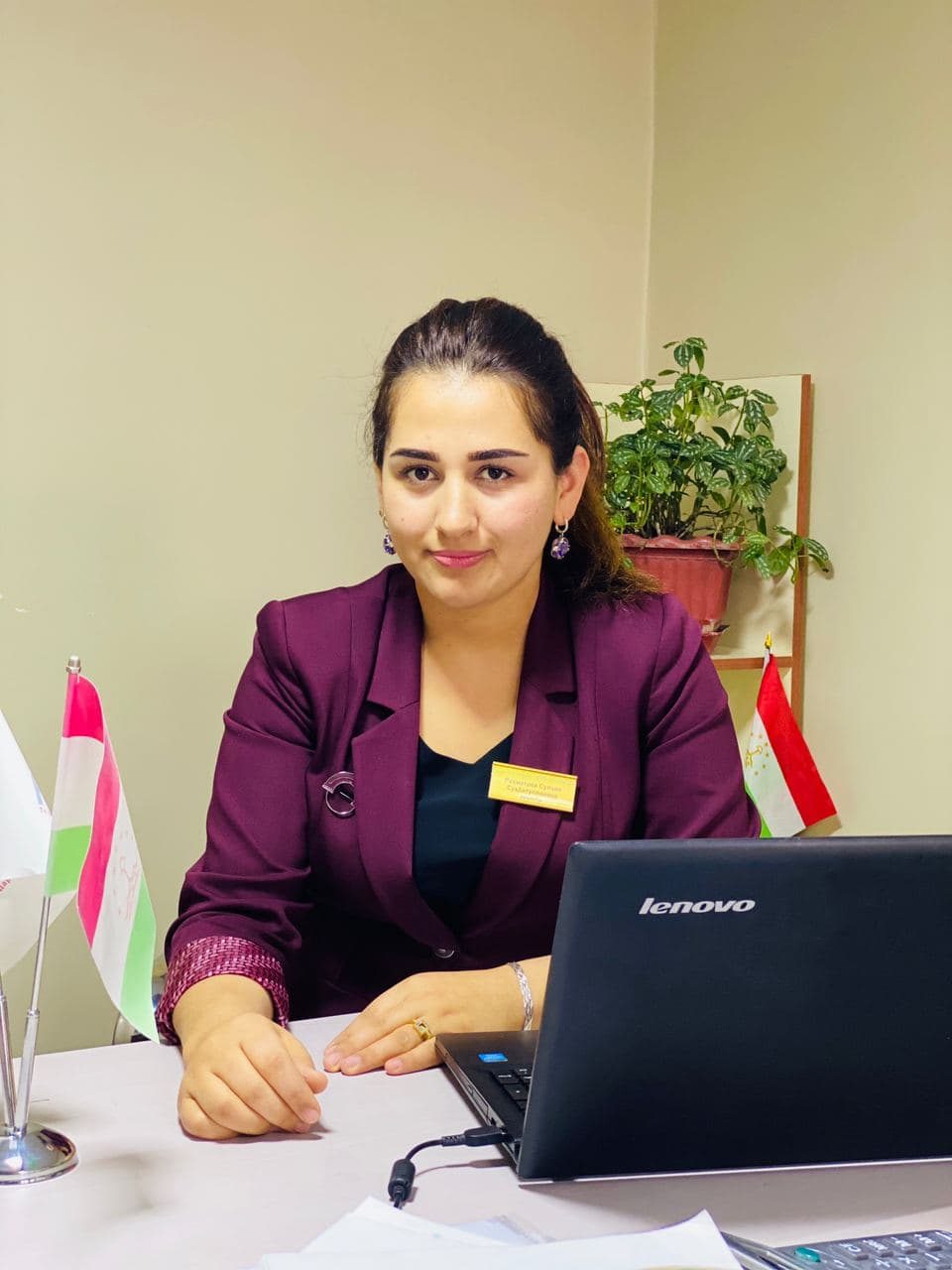
Advanced Poker Strategies: Elevate Your Game with Poker Strategy for Intermediate Players
Poker is not just a game of luck; it requires a blend of skill, strategy, and psychology. For intermediate players eager to elevate their game, developing a deeper understanding of strategies is essential. This article presents advanced strategies that can help you refine your approach and achieve greater success at the tables. Remember, practice makes perfect, and with diligence, you can excel at poker. For more tips and strategies, visit Poker Strategy for Intermediate Players https://bet-andreas-india.com/en/.
Understanding Your Opponents
One of the most crucial aspects of poker is the ability to read your opponents. As an intermediate player, you should focus on identifying various playing styles, which can generally be categorized into four types: tight-aggressive, loose-aggressive, tight-passive, and loose-passive. By observing your opponents’ behaviors, such as their bet sizing, frequency of aggression, and patterns during showdown, you can adjust your strategy accordingly.
Adjusting to Different Styles
Understanding how to adapt your strategy based on your opponents can give you a significant edge. If you are facing tight players, you can afford to steal blinds more often and play more aggressively. Conversely, against loose players, consider tightening your range and playing stronger hands, as they are likely to call with weaker holdings. Recognizing when to switch gears is vital, making it essential to remain observant and adaptable.
Bankroll Management
Proper bankroll management is foundational for any poker player, especially for those transitioning from beginner to intermediate levels. The essence of bankroll management is to ensure that you play within your means and can withstand the natural variances of the game. A common rule of thumb is to have at least 20-30 buy-ins for cash games and 50-100 buy-ins for tournament play.
Setting Limits and Stick to Them
We recommend setting strict limits on your buy-ins and losses, ensuring you are always playing at a level where you feel comfortable. If you lose your predetermined amount, walk away; there will always be another game. This discipline not only protects your bankroll but also helps you maintain a clear mindset while playing.
Positional Awareness
Your position at the poker table is a critical component that influences your strategy. Playing in late position (the last to act) can be particularly advantageous, as it allows you to gather more information about your opponents’ actions before making your decisions.
Utilizing Position Effectively

When in a late position, you can afford to play a wider range of hands, taking advantage of your ability to react to the actions of those who act before you. On the other hand, in early position, you should be much more selective regarding the hands you choose to play. Understanding how to leverage your position will provide you with better opportunities to capitalize on favorable situations.
Bluffing and Deception
Bluffing is an essential part of poker strategy that can confuse your opponents and lead to lucrative pots. However, successful bluffing requires a keen understanding of your opponents and the current situation. As an intermediate player, you should aim for strategic bluffs rather than random acts of aggression.
Choosing the Right Moments to Bluff
Effective bluffing often hinges on your table image and the overall dynamics of the game. If you have been playing tight and suddenly make a sizable bet, your opponents may perceive it as a strong hand due to your established image. Additionally, consider the board texture; if it’s favorable to your perceived range, the chances of success increase significantly. Always assess the risk and reward before making your move, as an ill-timed bluff can result in significant losses.
Reading the Board Texture
The community cards play a vital role in shaping how you approach each hand. Understanding the board texture allows you to gauge potential hands that your opponents may be holding. Boards can be categorized as dry (with fewer straight or flush possibilities) or wet (with numerous possible straights and flushes).
Making Informed Decisions Based on the Board
When evaluating the texture of the board, consider how it interacts with your hand. If you are holding a strong hand on a dry board, your confidence should increase. However, if the board is wet and your opponents show interest, exercise caution. Assess their betting patterns and be ready to adjust your approach accordingly.
The Importance of Continuation Betting
Continuation betting (c-betting) is a strategy that involves betting on the flop after raising pre-flop. For intermediate players, mastering the art of c-betting can be a game-changer. It allows you to maintain the initiative in the hand and put pressure on your opponents, making it harder for them to continue without strong holdings.
Knowing When to C-Bet
However, don’t fall into the trap of c-betting too frequently. Evaluate the board texture and the tendencies of your opponents when deciding whether to c-bet. If the board is dry, your opponents are less likely to connect, which increases the c-bet’s effectiveness. On a wet board, consider checking back to control the pot or collect information about your opponents’ holdings.
Conclusion
As an intermediate player, refining your poker strategy requires a combination of understanding your opponents, effective bankroll management, positional awareness, strategic bluffing, board reading, and mastering concepts like continuation betting. Continually strive to practice, learn, and adapt, and you will see significant improvements in your overall game. Remember, poker is a journey that requires patience and dedication, but the rewards are well worth the effort.














